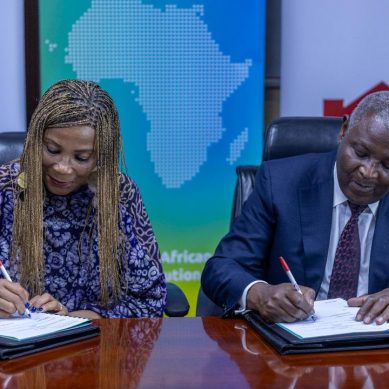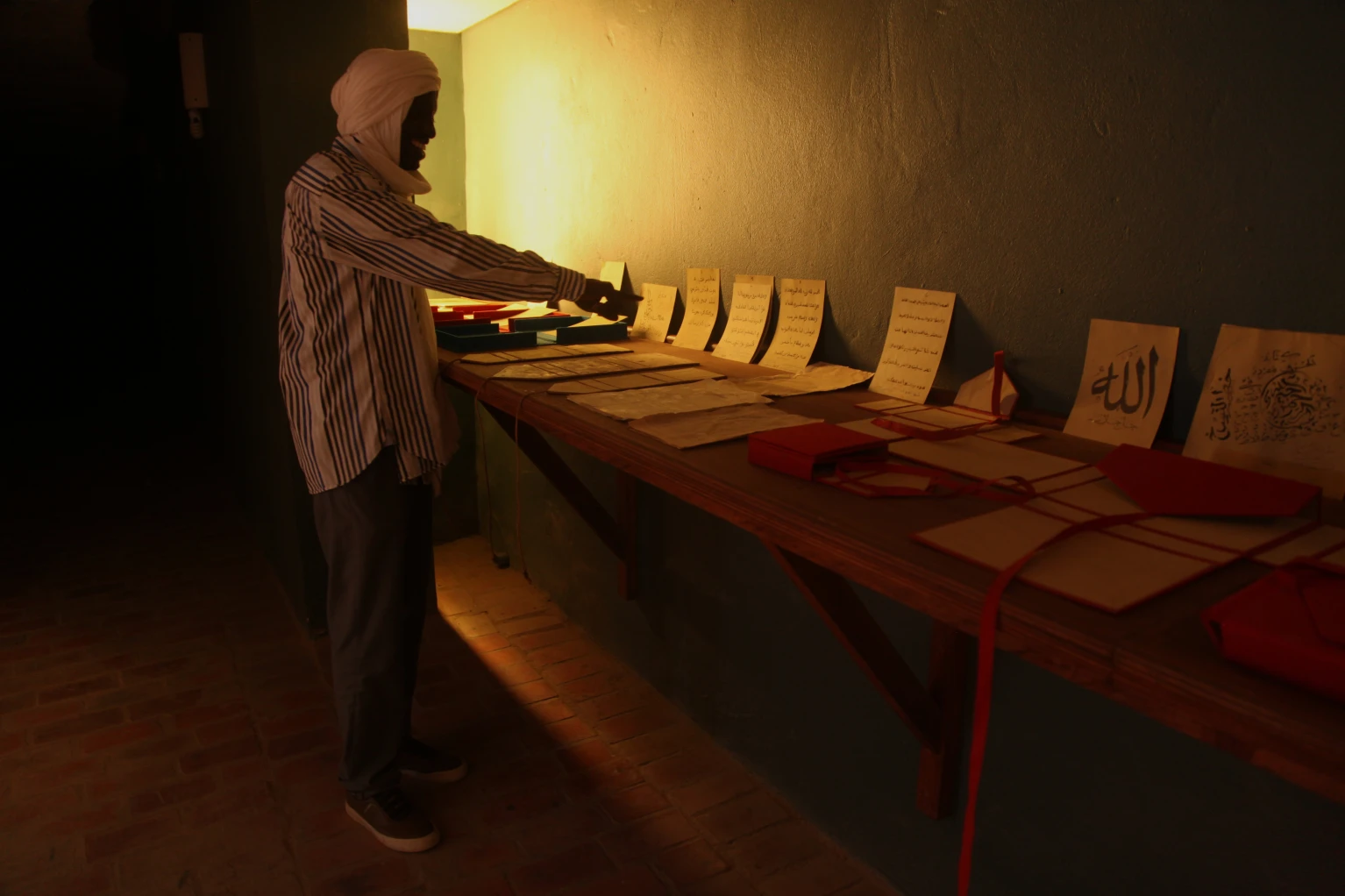
I have been reading an article by two psychologists, Budwig Nancy and Alexander Achu Johnson (2020) titled published in 2020. I thought it is important that I share the insights I got from the article so that we can all be together as we rethink student learning and development in the 21st century.
I am happy I came across the article at a time when I have almost single-handedly been selling the idea of embracing the new and different knowledge production in Africa. It is already too late for Africa to embrace new and different knowledge production systems, but it is better late than never.
These new and different knowledge production systems, also called cultures, are interdisciplinarity, crossdisciplinarity, transdisciplinarity and extradisciplinarity (or non-disciplinarity). However, most African universities are resisting transition from rigid disciplinary education and seem to be determined to proceed as if the knowledge systems do not exist. They are still graduating masses of students at all levels of university education.
In my short article on transdisciplinarity, I want to make you aware that this knowledge system is not new, and that it has attracted scholars globally to seriously consider its knowledge transformational value and how if adopted on university campuses can generate for us graduates that we need for the 21st century and beyond: graduates that feel conformable working in integrated teams; can engage in critical thinking, critical reasoning, critical analysis and problem-solving; and emerge out of the education enterprise as future-ready professionals.
The Budwig Nancy and Alexander Achu Johnson (2020) article considers the opportunities and challenges of transdisciplinary research on student learning in university settings. It states that 50 years ago (55 years today), at a meeting in France that convened experts in education and psychology as well as higher education leaders, the term transdisciplinarity was coined as issues pertaining to the structure of the university and its impact on teaching and learning were considered.
The authors argue that to move beyond what has already been discussed requires added insights from both the learning sciences and developmental sciences. In their article, these two areas are combined with the perspectives of higher education leaders.
First, research is considered from the learning sciences on deep learning in relation to university learning and teaching. This body of work illustrates ways students need to be actively engaged in their learning and simultaneously frames teachers as facilitators of students’ constructive efforts rather than disseminators of static knowledge.
Second, perspectives from the developmental sciences on processes of development are reviewed, focusing on adolescence and emerging adulthood. Here they highlight the importance of considering developmental systems approaches to aspects of organizing learning at universities in light of extensive research on adolescents and emerging adults.
Third, they examine new higher education frameworks that have focused on the importance of student engagement, integration and application of knowledge and the implications of these shifts for organising higher education learning in more holistic ways, often at the national and transnational levels.
In reviewing the three areas, the authors consider what assumptions are made about the learner, the role of teachers and others in enhancing student learning, and the interaction between learners and contexts where learning takes place.
They argue that, while progress is being made in undergraduate reform efforts, implementation has been uneven. They write that to deliver on this important work will require further alignment of the sort, which Jantsch (1972) and Piaget (1972) claimed was central to transdisciplinary approaches, namely aligning these different areas through a systems approach that considers education as a purposeful human activity. This, they add, will involve alignment and support from the learning and developmental sciences, as well as local, national and transnational efforts and learning communities to support campus efforts.
What is true is that as African universities choose to entrench disciplinarity education, thereby continuing to teach their students in enclosures or disciplines, there is an increasing trend for openness to discuss new views of student learning, who our students are and the goals of university education as they relate to societal needs and students’ professional and civic lives (Wieman, 2017; Kamp, 2020).
Klein, et al (2001) cast transdisciplinarity as a pathway to join problem-solving among science, technology and society. Therefore, generating graduates with transdisciplinary knowledge and skills would be a giant step in the enterprise of problem-solving.
Of course, this would be taken further afield if universities open up to extradisciplinarity (non-disciplinary research, teaching and learning) beyond the disciplines ((e.g. Brian Holmes, 2007). This would demystify disciplinary research, teaching and learning in the 21st century and beyond.
We badly need graduates comfortable in transdisciplinary and extradisciplinary science not only in Africa but globally too. The transdisciplinary ambition and extradisciplinary ambition should not be postponed further in higher education. We can best address and solve societal problems today if we have graduates with transdisciplinary and extradisciplinary ambition and skills of problem-solving.
To help those who want to expand their knowledge on transdisciplinary and extradisciplinary research, teaching and learning, I have picked only a few references.
- A Tell report / By Oweyegha-Afunaduula / Environmental Historian and Conservationist Centre for Critical Thinking and Alternative Analysis (CCTAA), Seeta, Mukono, Uganda.
About the Centre for Critical Thinking and Alternative Analysis (CCTAA)
The CCTAA was innovated by Hyuha Mukwanason, Oweyegha-Afunaduula and Mahir Balunywa in 2019 to the rising decline in the capacity of graduates in Uganda and beyond to engage in critical thinking and reason coherently besides excellence in academics and academic production. The three scholars were convinced that after academic achievement the world outside the ivory tower needed graduates that can think critically and reason coherently towards making society and the environment better for human gratification. They reasoned between themselves and reached the conclusion that disciplinary education did not only narrow the thinking and reasoning of those exposed to it but restricted the opportunity to excel in critical thinking and reasoning, which are the ultimate aim of education. They were dismayed by the truism that the products of disciplinary education find it difficult to tick outside the boundaries of their disciplines; that when they provide solutions to problems that do not recognise the artificial boundaries between knowledges, their solutions become the new problems. They decided that the answer was a new and different medium of learning and innovating, which they characterised as “The Centre for Critical Thinking and Alternative Analysis” (CCTAA).
Further Reading
Brian Holmes, “L’extradisciplinaire,” in Hans-Ulrich Obrist and Laurence Bossé (eds.), Traversées, cat. Musée ‘art moderne de la Ville de Paris, 2001.
Brian Holmes (2007). Extradisciplinary Investigations. Towards a New Critique of Institutions: Towards a New Critique of Institutions.
Jantsch, E. (1972). “Towards interdisciplinarity and transdisciplinarity in education and innovation,” in Interdisciplinarity: Problems of Teaching and Research in Universities, ed. L. Apostel (Paris: Organization for Economic Cooperation and Development), 97–121. Google Scholar
JULIE S. BYRD CLARK (2014). Transdisciplinary Approaches to Language Learning and Teaching in Transnational Times. The University of Western Ontario.
Kamp, A. (2020). Navigating the Landscape of Higher Engineering Education: Coping with Decades of Accelerating Change Ahead. Delft: 4TU.
Klein, J. J., Grossenbacher-Mansuy, W., Bill, A., Scholz, R., and Welti, M. (eds) (2001). Transdisciplinarity: Joint Problem Solving Among Science, Technology, and Society. Basel: Birkhäuser Verlag.
Piaget, J. (1972). “The epistemology of interdisciplinary relationships,” in Interdisciplinarity: Problems of Teaching and Research in Universities, ed. L. Apostel (Paris: Organization for Economic Co-operation and Development), 127–139.
Wieman, C. E. (2017). Improving How Universities Teach Science. Cambridge, MA: Harvard University Press.
Wieman, C. E. (2019). Expertise in university teaching & the implications for teaching effectiveness, evaluation & training. Daedalus 148, 47–78. doi: 10.1162/daed_a_01760
CrossRef Full Text | Google Scholar
Witherington, D., and Boom, J. (2019). Conceptualizing the dynamics of development in the 21st century: process, (inter)action, and complexity. Hum. Dev. 63, 147–152. doi: 10.1159/000504097







